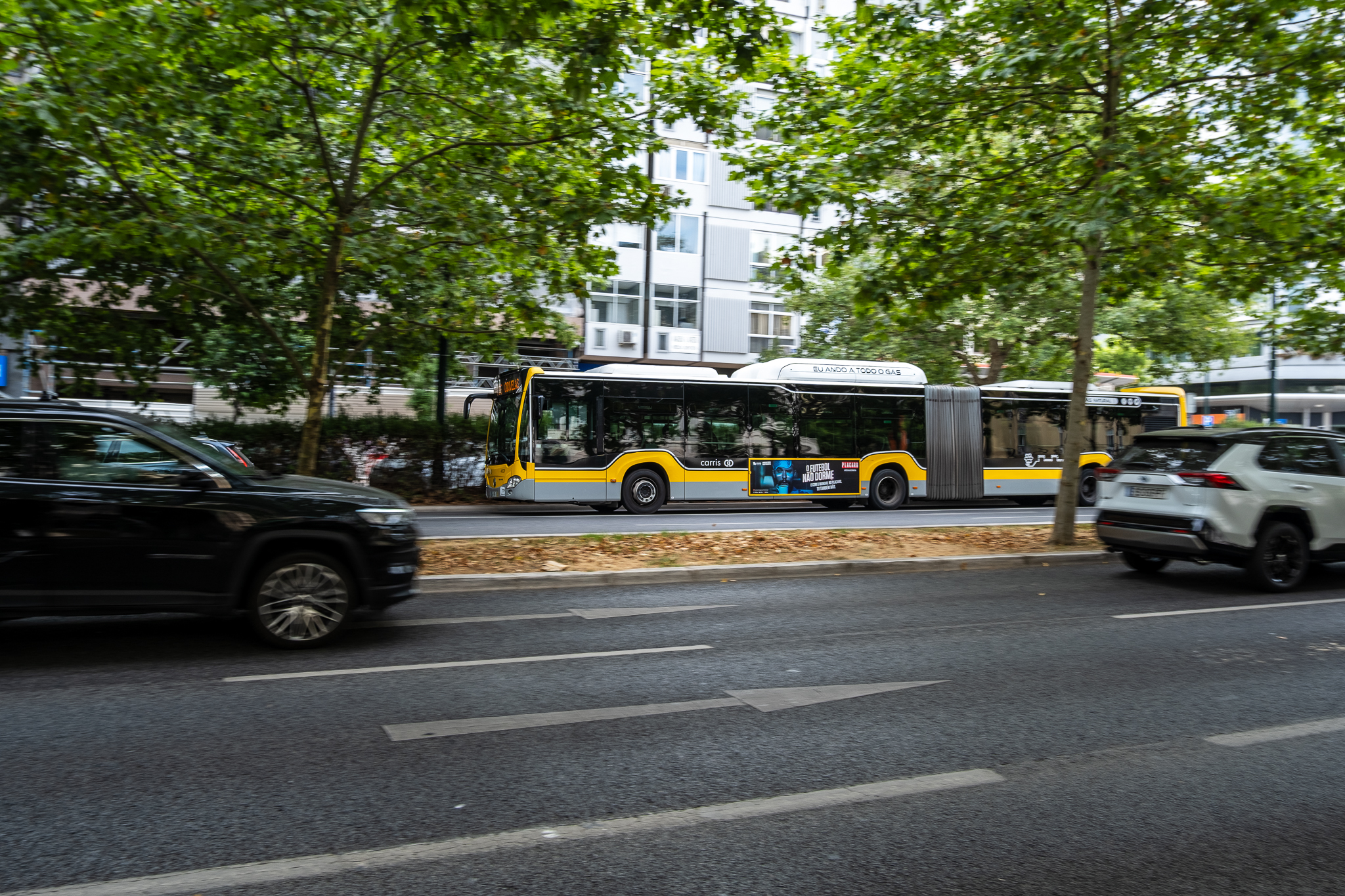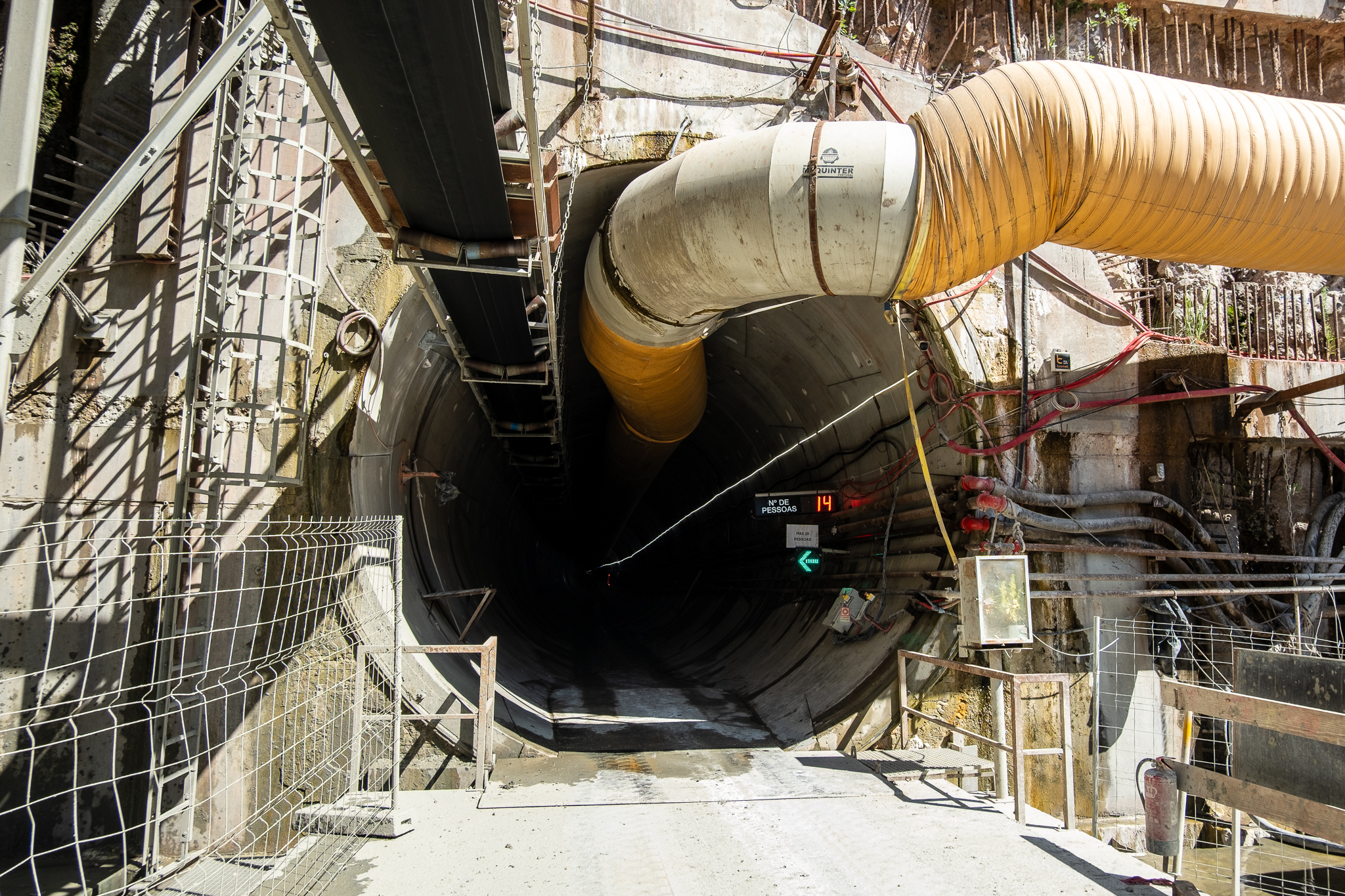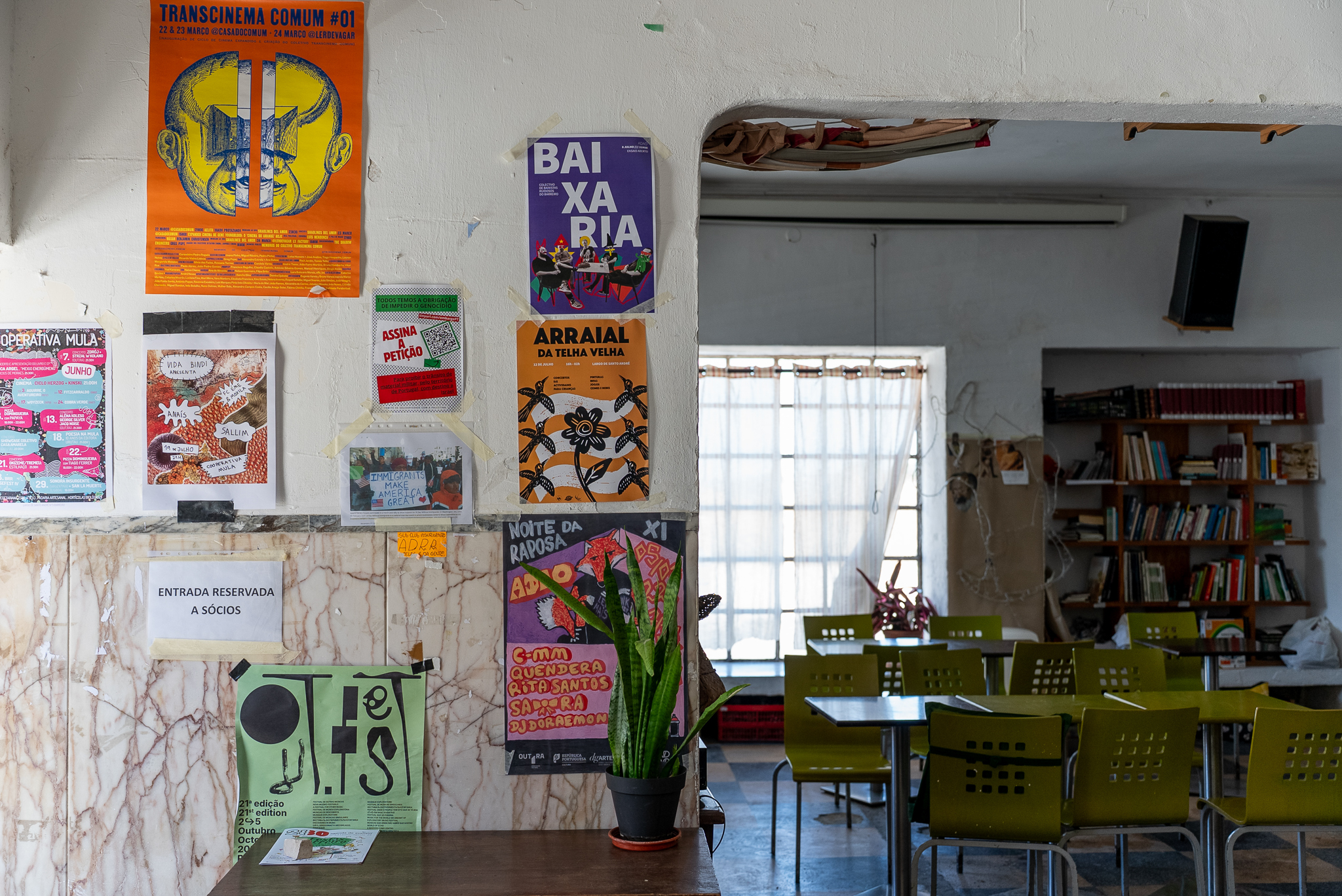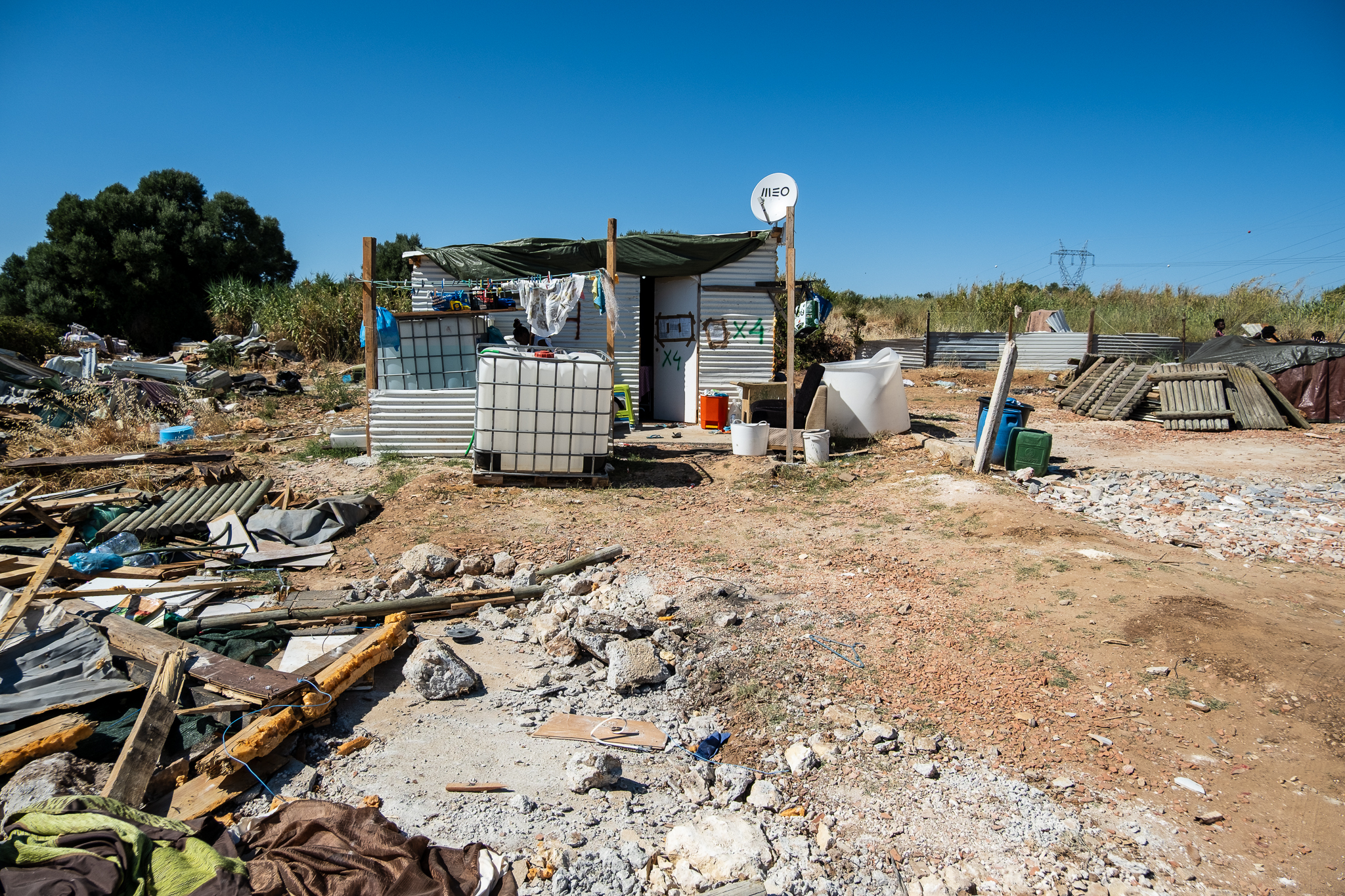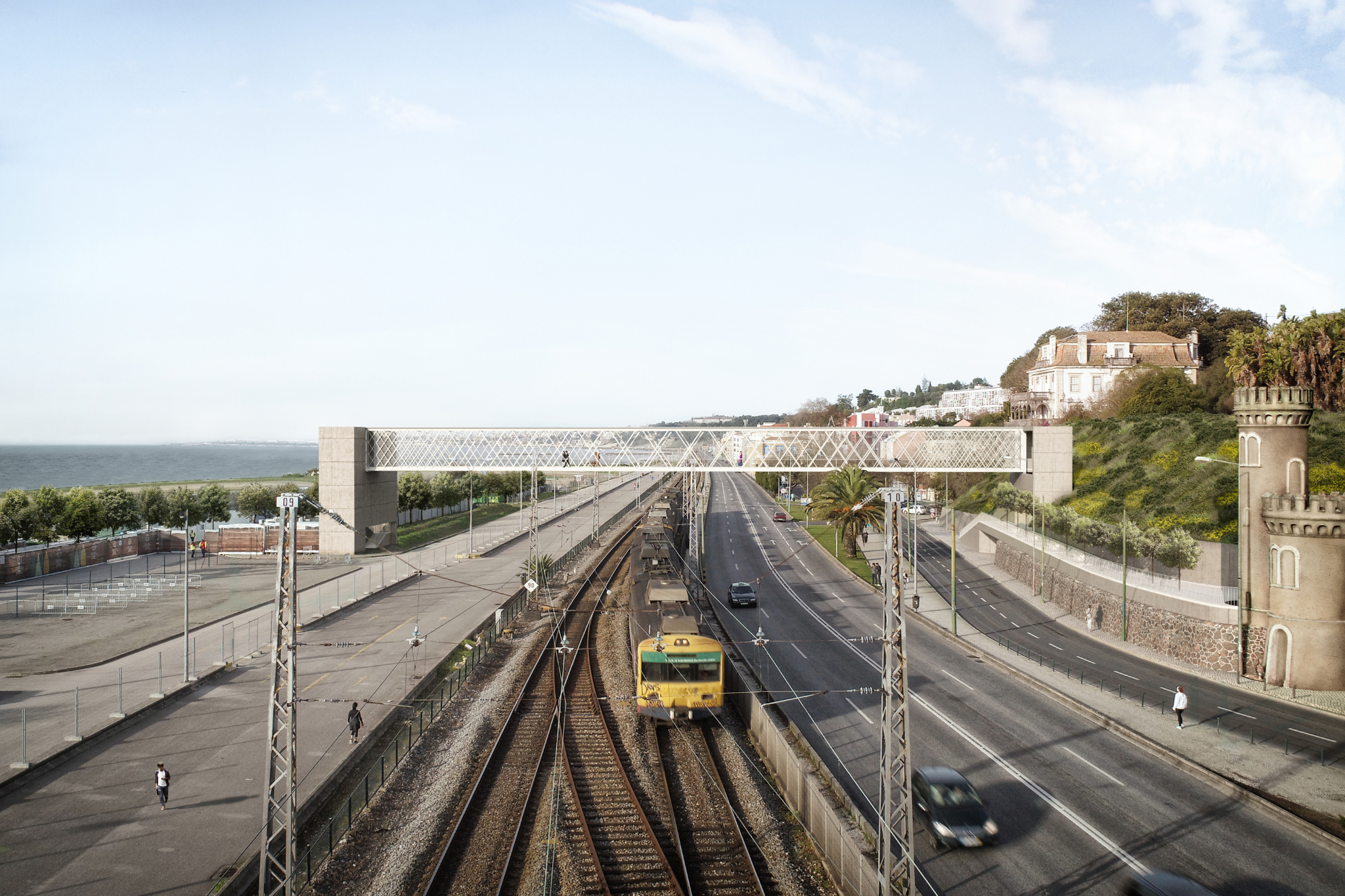The Lisbon City Hall decided to put an end to the small lake that in summer was artificially fed to guarantee biodiversity in Bela Vista Park. 16 years later, the lake has fulfilled its function and will exist only when it rains.

The Lisbon City Hall began to rehabilitate, in mid-March, the existing water retention basin in the southern part of the Bela Vista Park. The goal is to turn it into a natural ecosystem that fulfills its function of retaining rainwater during the winter and is not artificially fed during the warm season as was the case until now.
Retention basins are, in a city like Lisbon, important for the urban balance and for the response to climate change, since they allow maximizing the capture of falling rainwater and its infiltration into the ground, avoiding urban flooding. In the Bela Vista Park, the retention basin that was installed there 16 years ago, in the southern sector of the park, also made it possible to receive rainwater that would not infiltrate into the ground and would end up running off the surface, potentially causing ravines and erosion on the slopes of the park.
But if in the rainy season, this basin had this function, in hot weather it turned into a temporary puddle. a wetland to encourage increased biodiversity during the dry season and which, like the water collected in winter, was artificially fed with drinking water. According to the Lisbon City Council, the pond provided shelter for different species of plants and amphibians at a time when much of the Bela Vista Park was devoid of vegetation and quality soil, as the area had been subject to successive landfills and debris. Now, 16 years after the beginning of the project, the Bela Vista Park is much more interesting from the biodiversity point of view and the municipality decided to deactivate the artificial waterhole.

That area will continue to function as a water retention basin during the rainy season, but will not be artificially fed with drinking water so that the small square would remain active in the summer. To do this, part of the screen that had been placed underneath the basin and that increased the waterproofing of the pond will be removed. "The rainwater retention function was guaranteed, with the maximum lake level observed in several winters, and the spillway functioning, with the controlled release of water"explains the municipality in a statement. "However, the water received during the rainy season is not at all sufficient to ensure a permanent lake (even with the waterproofing) which necessitates a replenishment with potable water in the warm periods."
Thus, the the present basin will behave like a temporary pond, which will naturally dry up in the summer, after the water evaporates and is consumed by the plants. In detail, the intervention started in March in the basin consists of:
- Generalized cleaning of the entire area currently sealed, removing weeds and part of the existing vegetation that has become dominant, in order to allow the introduction of more species, ensuring greater balance between them and increasing biodiversity;
- removal of waste and part of the sediments accumulated at the bottom, allowing a greater concentration of free water and maintaining the soil necessary for the development of vegetation;
- partial elimination of the screen, especially in marginal areas, promoting the establishment of vegetation of interest to biodiversity and a balanced ecosystem.
- maintenance of a small impermeable area in order to guarantee the accumulation of water in the transition periods to the warm season, to ensure a resource for biodiversity.
The results of this intervention will be monitored for one year.


